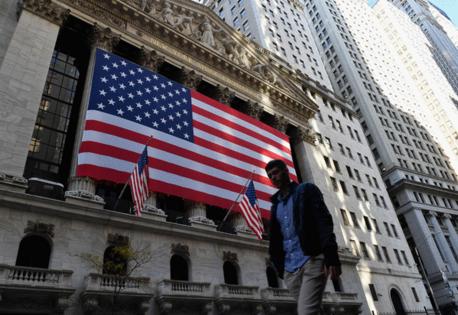McKinsey chief says global clients are rethinking US market
Published in Business News
Companies are giving more consideration to opportunities outside the U.S. because of policy upheaval under the Trump administration, said McKinsey & Co. Global Managing Partner Bob Sternfels.
Business leaders are concerned about being “vulnerable” to tariffs and other shifts to US economic and geopolitical positions, Sternfels said Tuesday at an event hosted by the Boston College Chief Executives Club, citing conversations with the consulting firm’s clients. That’s leading some companies to reevaluate opportunities in Southeast Asia, Europe and the Gulf region of the Middle East, he added.
“That won’t be a good thing for the U.S. economy going forward unless we can reestablish trust,” Sternfels said. “It’s clearly still the largest market, the most dominant market, the most important market. But I do see CEOs asking this diversification question.”
Roger Crandall, chief executive officer of MassMutual and chair of the Federal Reserve Bank of Boston, led the discussion with McKinsey’s Sternfels and said he was “shocked” at pushback over trust in the U.S. during a recent trip to Europe. Foreign demand for U.S. Treasuries is showing “cracks,” with global central banks and other official entities reducing their holdings since March, Bank of America Corp. strategists wrote in a note Monday.
To counteract the impact of tariffs, McKinsey is increasingly working with clients to cut costs, adopt more “frugality” when it comes to capital expenditures and plot strategies for raising prices, Sternfels said. In the U.S., companies are “pricing up because as these costs hit, you can’t absorb them,” he said.
Nearly 90% of companies surveyed by the National Association of Manufacturers said tariffs had increased the cost of doing business, with expenses rising by an average of about 8%, according to the trade group’s second quarter update on economic conditions. About a third said they’ve paused hiring, cut jobs or reduced hours and pay and almost 40% of respondents said they had delayed or canceled investments, including new facilities.
©2025 Bloomberg L.P. Visit bloomberg.com. Distributed by Tribune Content Agency, LLC.












Comments